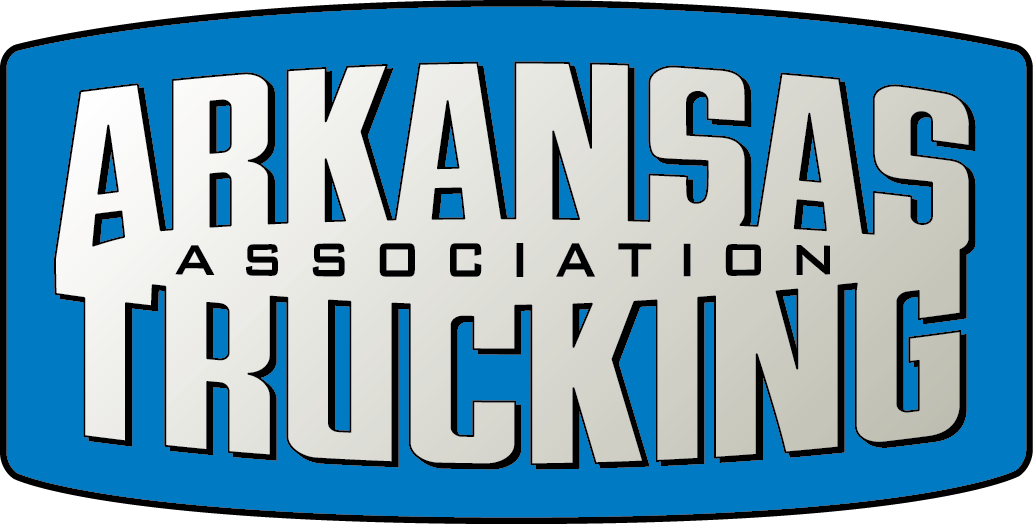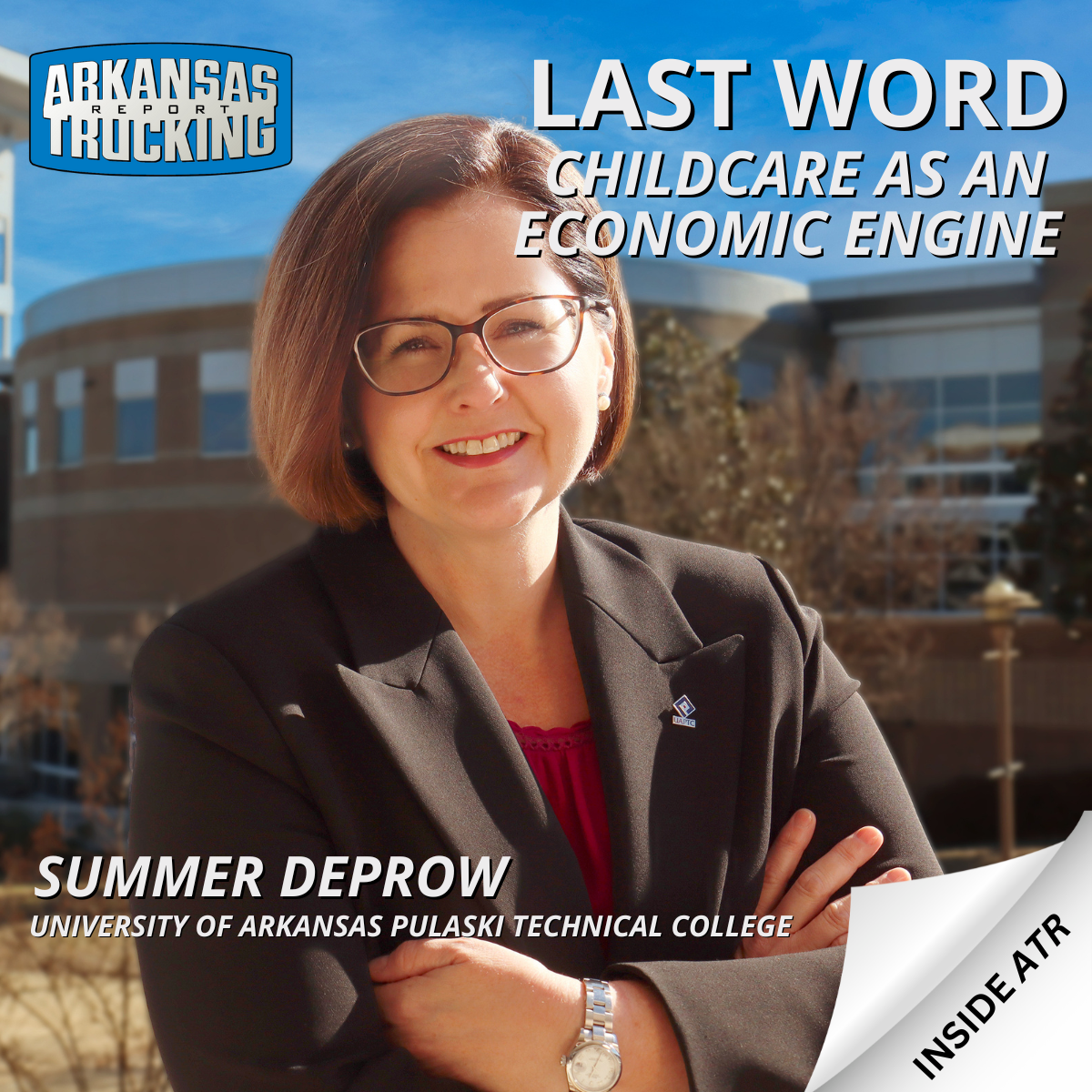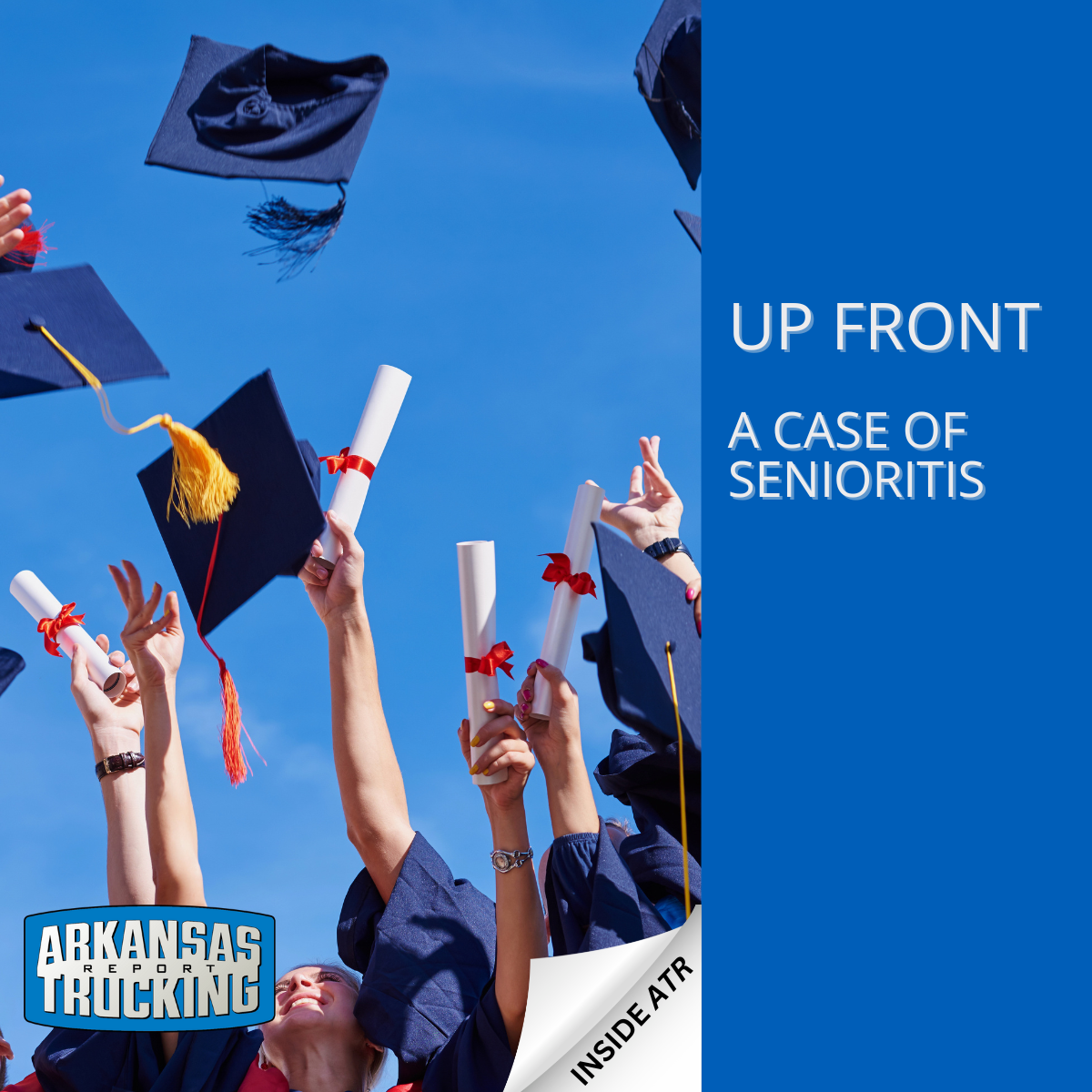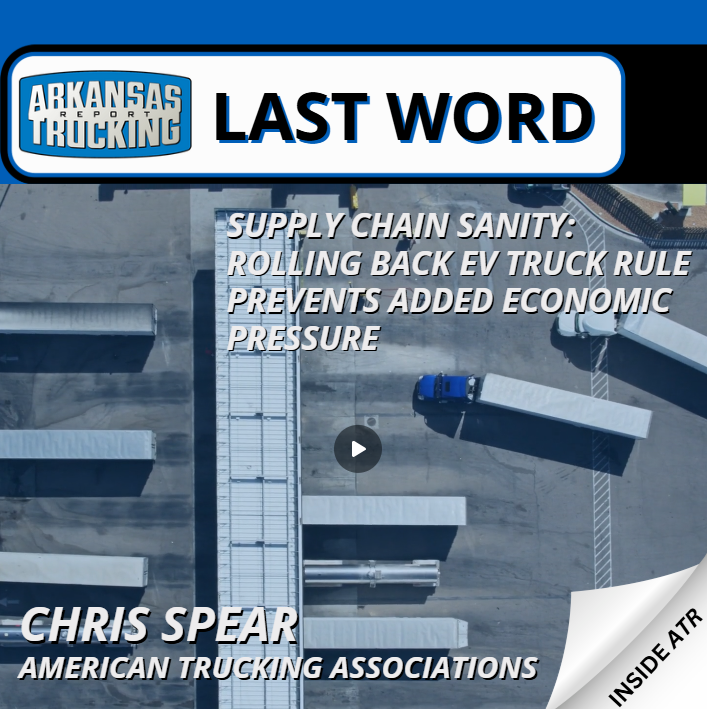Collaborating and problem solving with business leaders are among the chief responsibilities of my job as chancellor at the University of Arkansas-Pulaski Technical College. It should come as no surprise that the issue that keeps rising to the top of those conversations is addressing the skilled labor shortage across industries and looking at the far-reaching effects that worker scarcity can have on the national supply chain.
Driving that employee shortage? There are a myriad of causes such as population shifts and technological changes, but one issue that resurfaces repeatedly is a lack of reliable, affordable childcare options.
According to recent data, 85% of Arkansas parents struggle to find high-quality care for their infants and toddlers. This statistic underscores a significant and often overlooked factor: a childcare shortage often forces many individuals to reconsider their employment status and/or educational goals, leading to labor shortages across industries. For trucking, where turnover is already more than 100% in some sectors, putting an emphasis on childcare could translate into maintaining a more stable workforce.
A 2023 study found that across all industries, the nation’s infant-toddler childcare crisis now costs $122 billion in lost earnings, productivity and revenue every year, more than doubling since 2018. The estimated annual economic impact of the infant and toddler care crisis in Arkansas is $793 million.
Struggles to find dependable childcare often translate to increased turnover, reduced productivity and higher recruitment and training costs. Those challenges then affect the state’s economy through lost tax revenue — an estimated $200 million annually.
Excel by Eight is partnering with organizations across the state, including UA-Pulaski Tech, to find solutions. The Excel by Eight Business Coalition is working to identify workable solutions that address the three critical elements of the childcare crisis – accessibility, affordability and quality. The coalition, launched in January 2024, now has representatives from more than 70 businesses, nonprofits, universities and chambers of commerce who have joined forces with the aim of crafting policy goals ahead of the Arkansas State Legislature’s 2025 general session.
Childcare, not surprisingly, is a major challenge for women entering and remaining in the trucking industry. Solutions included creating partnerships between CDL schools and childcare providers and, when possible, offering flexible hours to accommodate the needs of working parents, stipends for daycare and temporarily changing roles during pregnancy.
In a recent article, Randy Zook, president and chief executive officer of the Arkansas State Chamber of Commerce and the Associated Industries of Arkansas, noted that childcare is often a blind spot for many business leaders. But by directly addressing childcare, companies can indirectly address their number one challenge: workforce shortages.
Addressing the childcare crisis and its economic impacts will require a multi-faceted approach with practical solutions. For some that will mean flexible work schedules, an option recommended by the Women of Trucking Advisory Board (WTAB), a group established in 2022 through the Department of Transportation. Other employers might find their best option is to advocate for tax credits that support childcare solutions or support efforts to create teacher retirement eligibility for daycare teachers and staff.
At UA-Pulaski Tech, we are committed to prepping the next generation of truck drivers. We also offer childcare for students through UAMS Head Start/Early Head Start near the UA-PTC Main Campus. We are addressing the problem from both sides of the equation, providing aspiring educators with an accredited program in Early Childhood Education. By collectively addressing these challenges, we can help attract and retain a diverse and skilled workforce, ultimately benefiting the entire industry.
Since 2022 we have added 37 CDL program graduates to the workforce, all of whom are qualified to work as independent contractors or to support the efforts of industry stalwarts like J.B. Hunt, Maverick, ArcBest and DB Schenker (formerly USA Truck).
By supporting policies and practices that improve access to affordable childcare, we can help stabilize and grow the workforce, ensuring the continued success of the trucking industry and the broader economy. As industry leaders, it is our responsibility to recognize and address these challenges, creating a more inclusive and effective workforce for the long haul.
Summer DeProw is Chancellor of the University of Arkansas Pulaski Tech after previously serving as UA-PTC’s Provost. UA-PTC is focused on workforce training, including an eight-week commercial driver’s license program.




